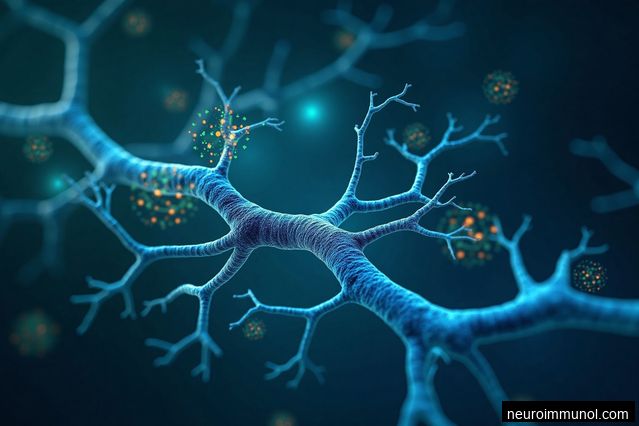Advancement in Immunotherapies
In recent years, there has been a significant advancement in the field of immunotherapies for neuroimmunological disorders. These innovative approaches aim to modulate the immune system to prevent or reverse the progression of these conditions. One such approach is the use of monoclonal antibodies that target specific immune cells or molecules involved in the disease process. These antibodies can help regulate the immune response and reduce inflammation, leading to improved outcomes for patients.
Targeting B Cells
B cells play a crucial role in the development and progression of neuroimmunological disorders. Recent studies have shown promising results with the use of B cell-targeted therapies. By specifically targeting these cells, researchers have been able to reduce disease activity and improve symptoms in patients with conditions such as multiple sclerosis. This targeted approach offers a more personalized treatment option and has the potential to revolutionize the management of neuroimmunological disorders.
Gene Therapies
Another exciting area of innovation in neuroimmunological treatments is gene therapy. This approach involves modifying the genetic material of cells to correct or modify disease-causing mutations. In the context of neuroimmunological disorders, gene therapies aim to address the underlying genetic abnormalities that contribute to the development of these conditions. By targeting specific genes involved in the disease process, researchers hope to provide long-term solutions and potentially even cure certain neuroimmunological disorders.
CRISPR-Cas9 Technology
One of the most promising gene editing technologies is CRISPR-Cas9. This revolutionary tool allows researchers to precisely edit the DNA sequence, enabling the correction of genetic mutations associated with neuroimmunological disorders. By using CRISPR-Cas9, scientists can potentially eliminate disease-causing mutations and restore normal function to affected cells. Although still in its early stages, the potential of CRISPR-Cas9 in neuroimmunological treatments is immense and holds great promise for future therapeutic interventions.
Nanotechnology in Drug Delivery
Nanotechnology has emerged as a powerful tool in the field of drug delivery. In the context of neuroimmunological disorders, nanotechnology-based approaches offer targeted and controlled delivery of therapeutic agents to the central nervous system. By encapsulating drugs within nanoparticles, researchers can enhance their stability, improve their bioavailability, and achieve sustained release profiles. This precise drug delivery system allows for reduced dosages, minimized side effects, and increased efficacy, ultimately improving patient outcomes.
Implantable Devices
Implantable devices are another innovative approach in neuroimmunological treatments. These devices, such as neurostimulators and drug delivery systems, are designed to interact with the nervous system and modulate its activity. By delivering electrical impulses or specific medications directly to affected areas, implantable devices can provide targeted and personalized treatment options for patients with neuroimmunological disorders. These devices offer a novel way to manage symptoms and improve quality of life for individuals living with these conditions.








